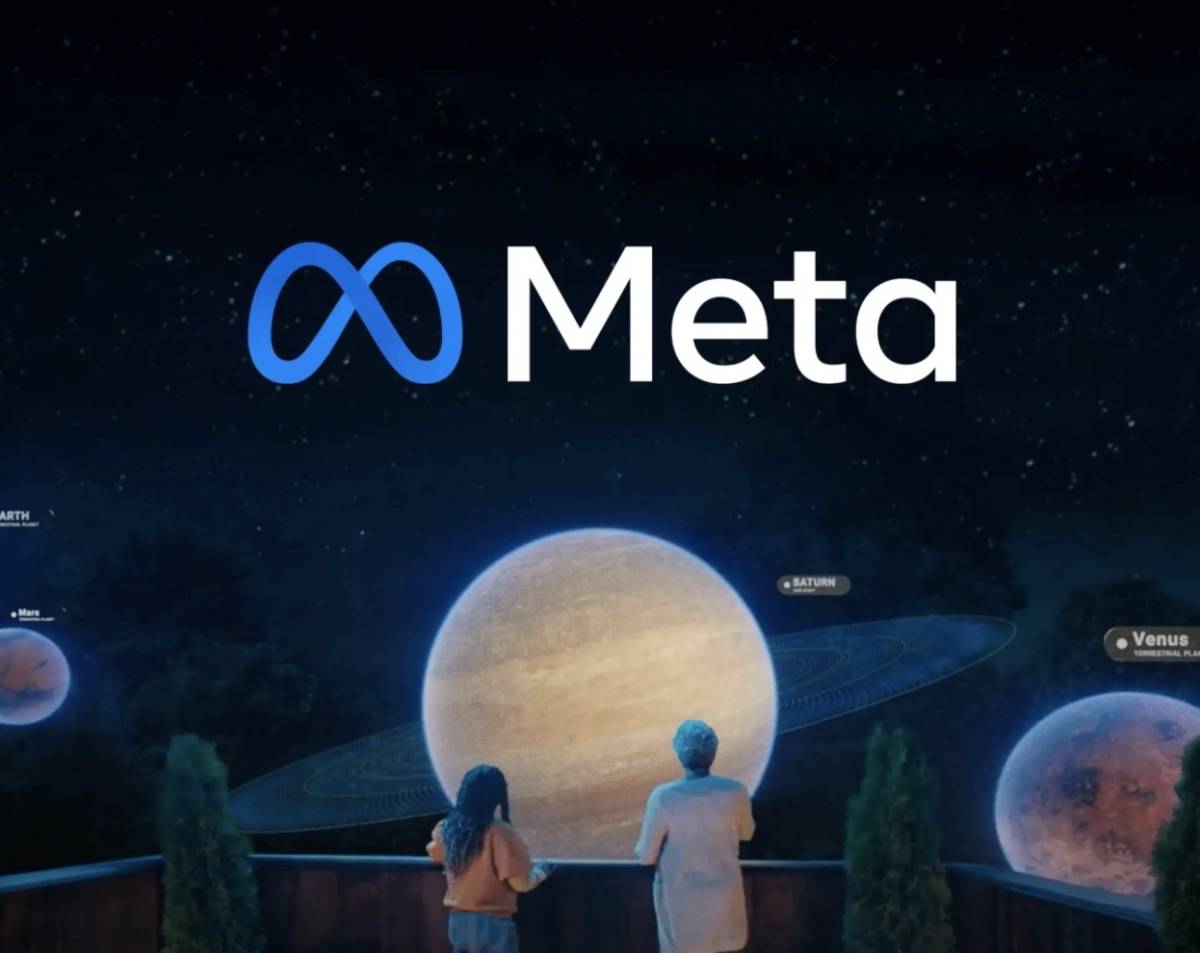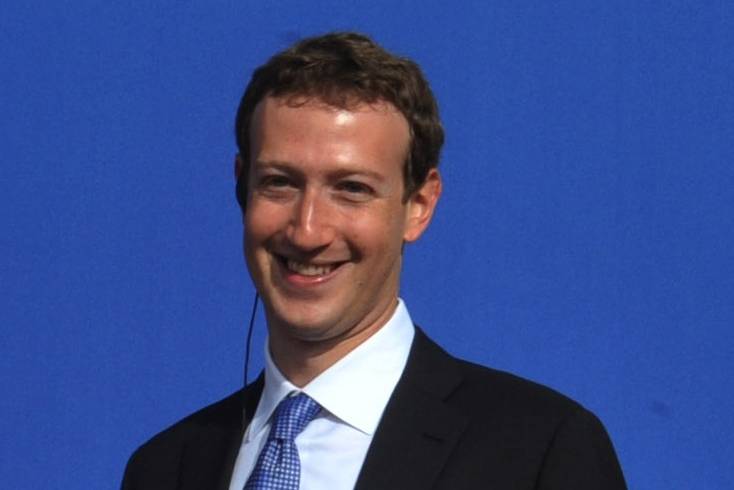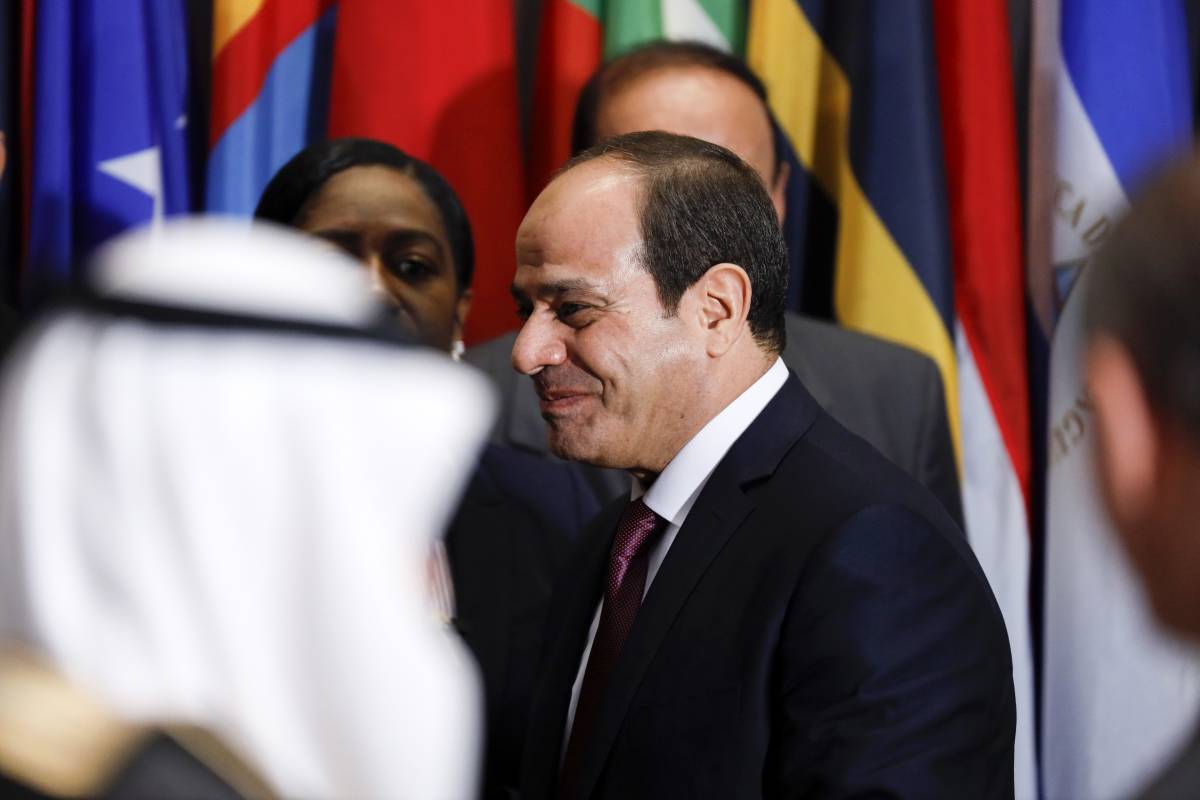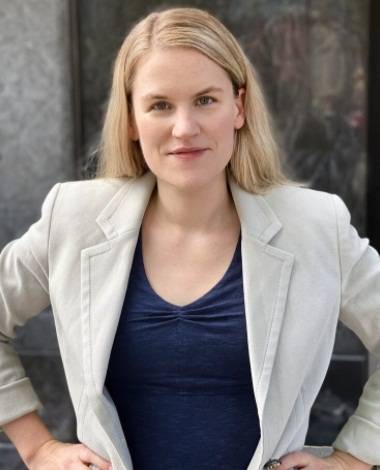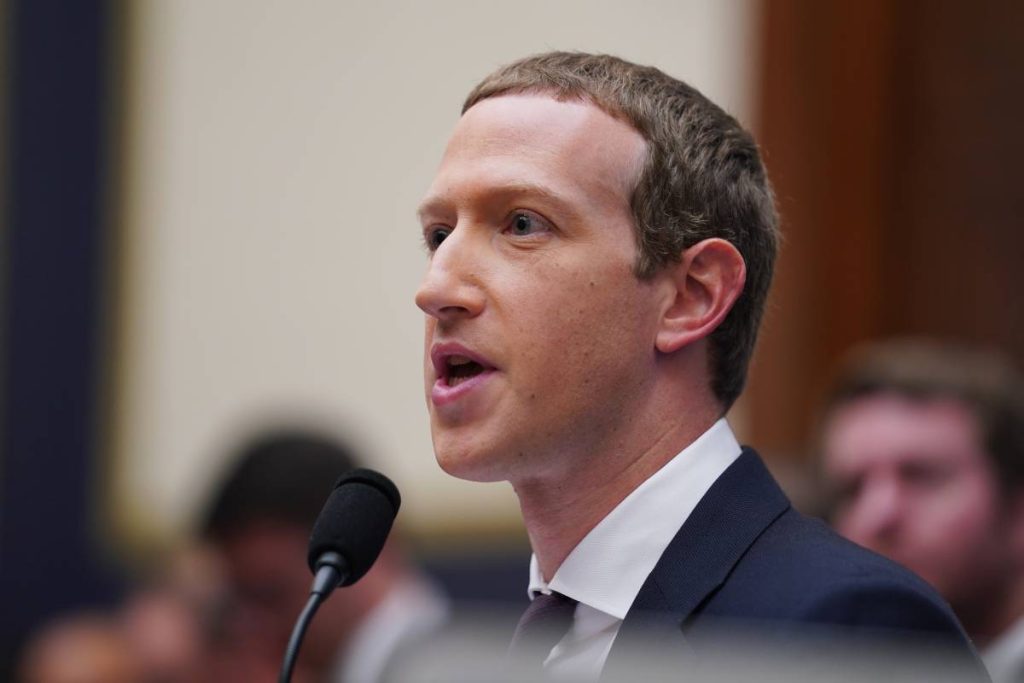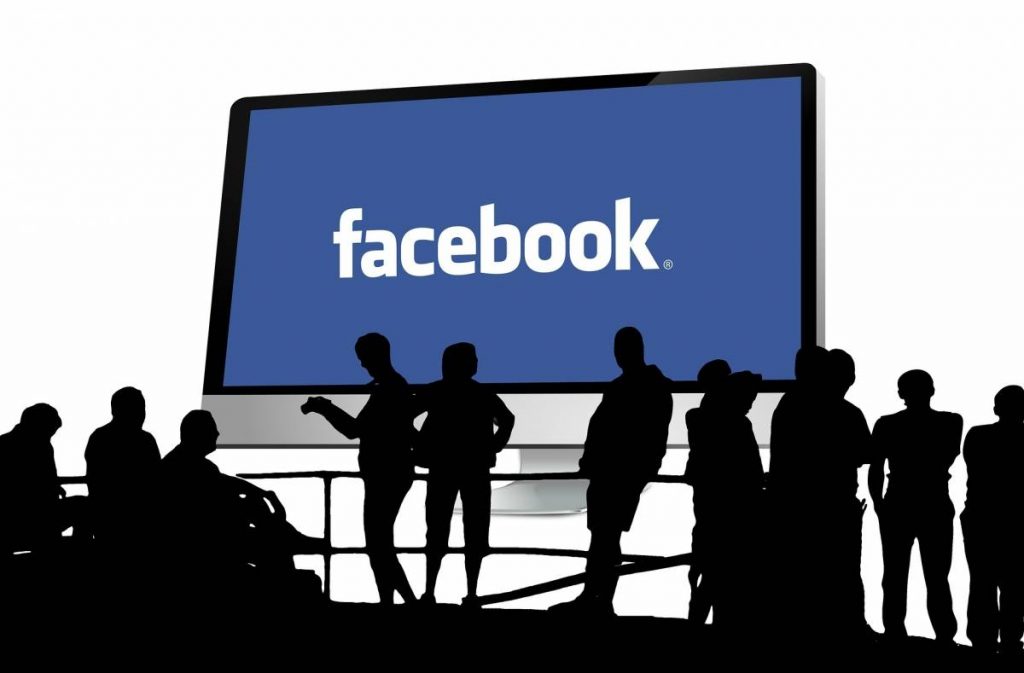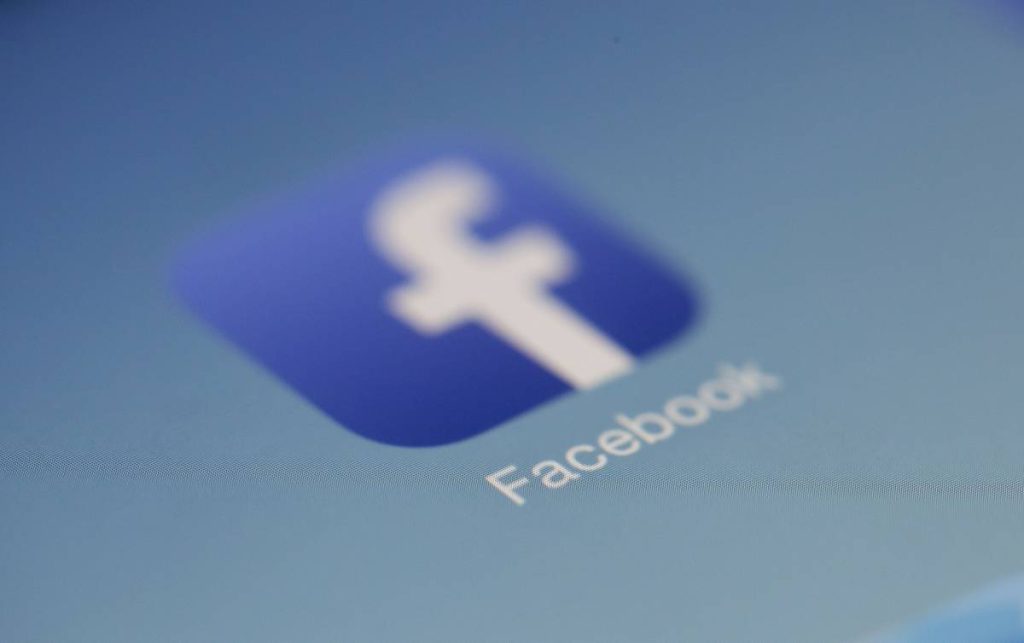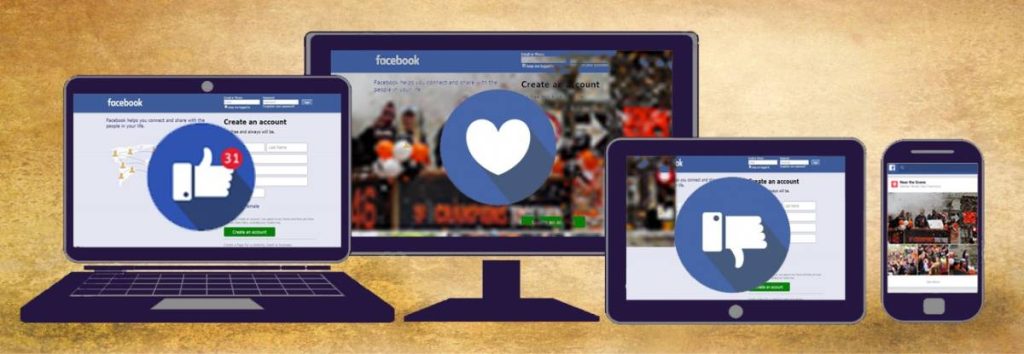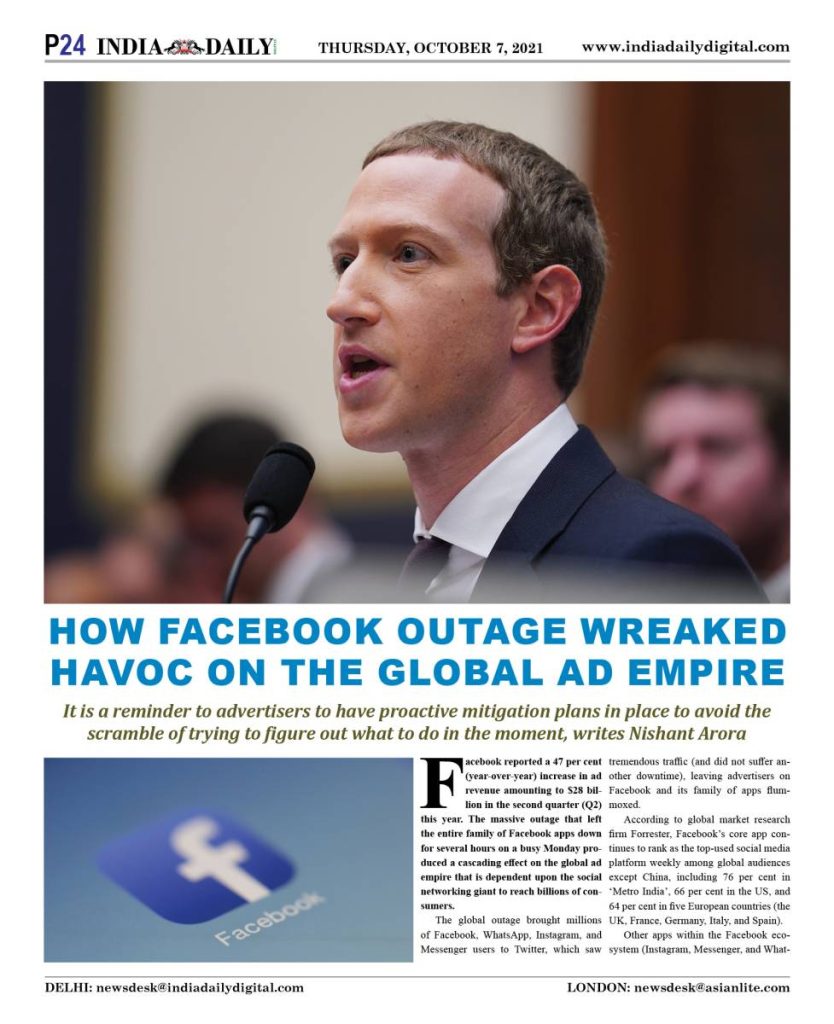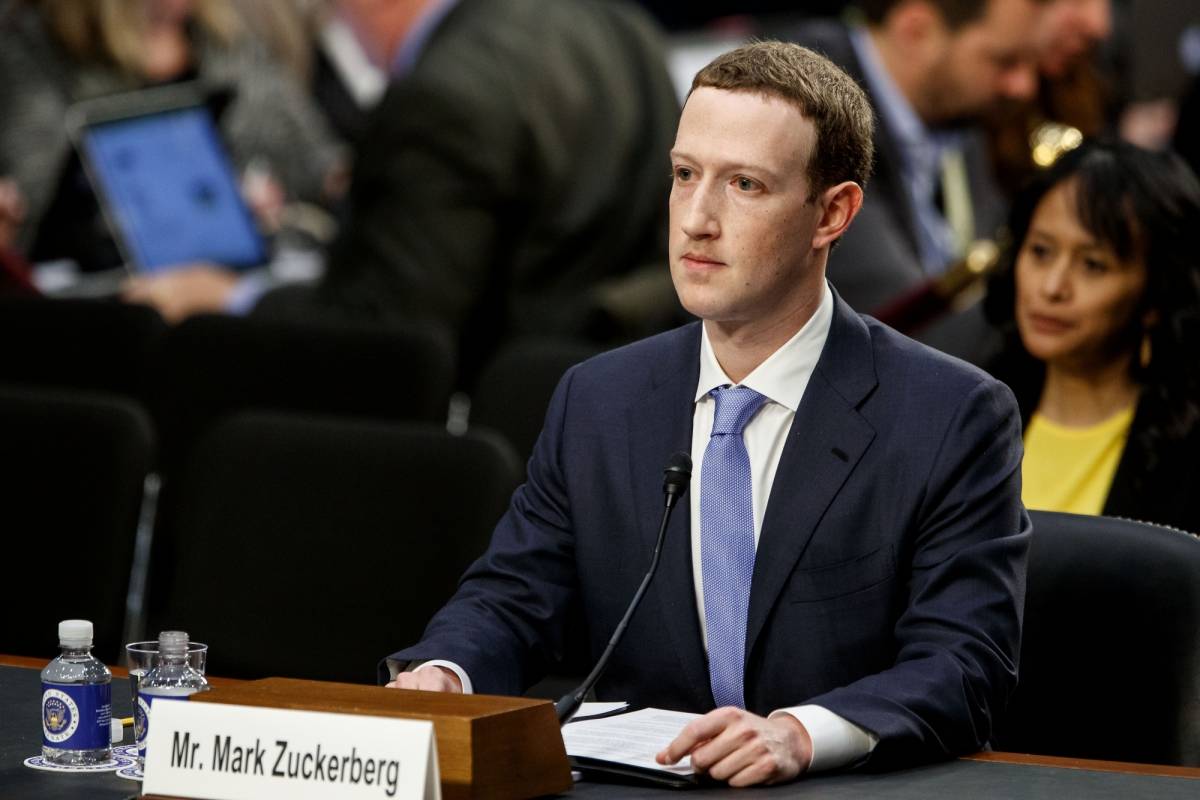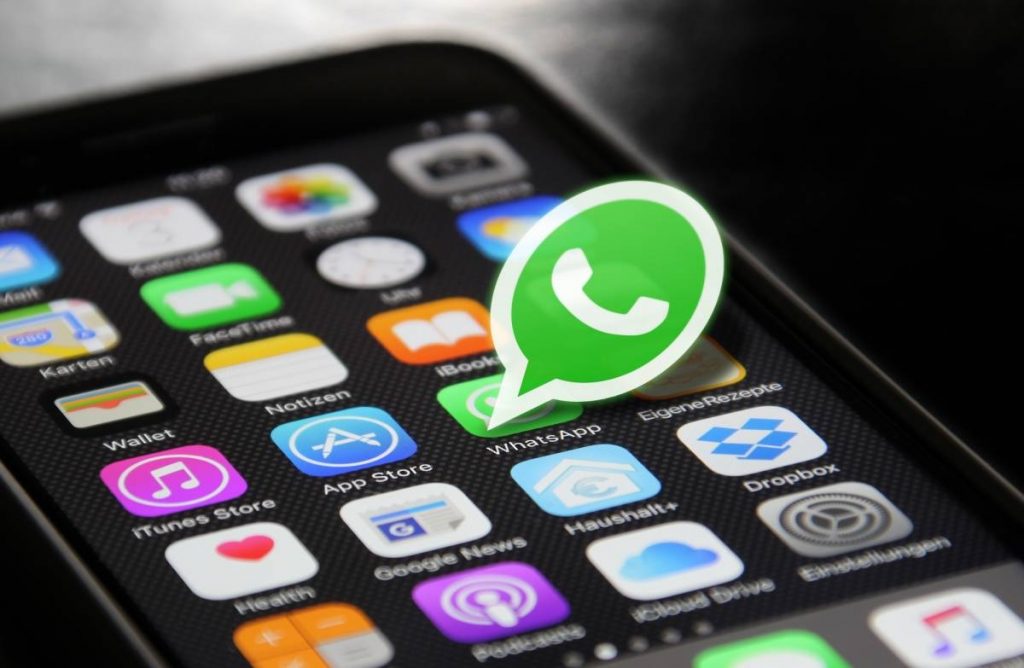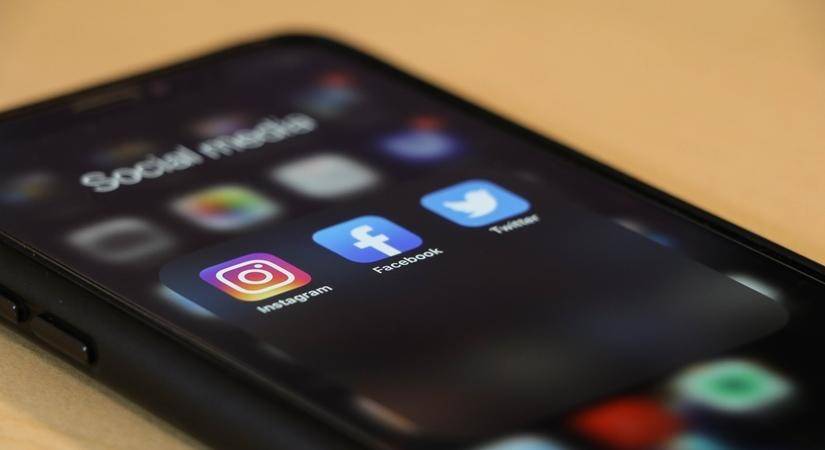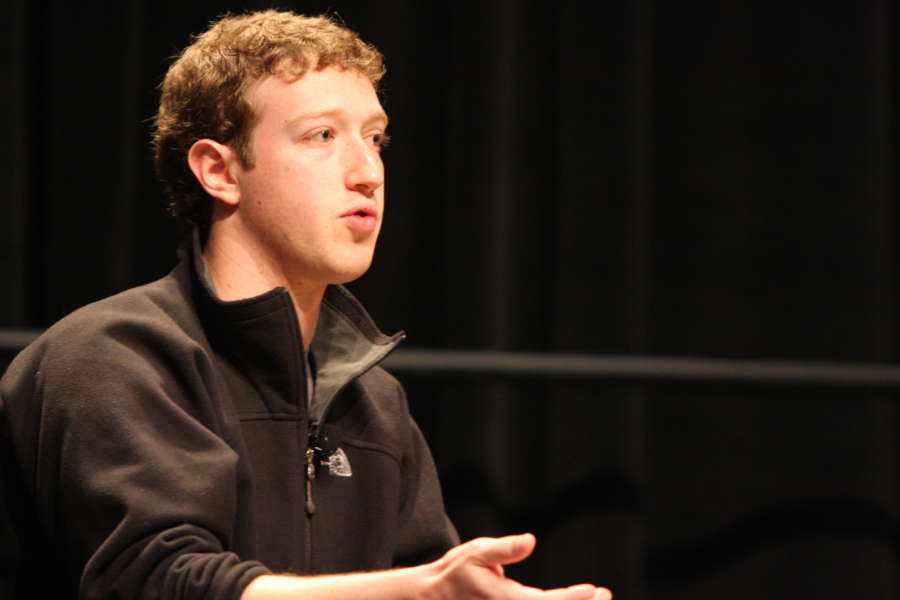In addition, Meta also launched ‘Grow Your Business Playbook’ at the event that is geared to inspire and equip early-stage businesses to start their journeys on our apps….reports Asian Lite News
Meta, the parent company of Facebook, on Tuesday announced the launch of a business hub and ‘Grow Your Business’ playbook to empower small and medium businesses (SMBs) in India.
The ‘Grow Your Business Hub’ is a one-stop destination for the micro, small and medium businesses to find relevant information, tools, and resources curated to cater to business goals based on their growth journey.
In addition, Meta also launched ‘Grow Your Business Playbook’ at the event that is geared to inspire and equip early-stage businesses to start their journeys on our apps.
The ‘Playbook’ is Facebook India’s first published book on everything small businesses need to know from starting a business page, creating content on the page, to the first steps they need to take to start advertising, the company said in a statement.
The first edition is aimed at helping businesses set up offline to online journeys and accelerating online sales for small businesses during the Covid-19 era and beyond.
“Small businesses are the engines of growth for India’s economy, and the role of Meta is more important than ever in unlocking growth opportunities for them as many of them move online and use digital to grow,” said Archana Vohra, Director, Small and Medium Businesses, Facebook India.
“From curated and customised business skilling programmes to launching initiatives that enable working capital for small businesses, we have been building for the growth of India’s SMBs with a localised, India-first approach,” she added.
Every month, millions of small businesses — 15 million just on WhatsApp in India — use the Meta apps to start their online journeys and grow their business.
On Instagram, over the past three months, people in India have created more than 1.2 million posts and comments to show their support for small businesses and buying local.
More than half-a-million small businesses on Instagram in India have also listed either a WhatsApp number, or a phone number, or an email in their bio, or are encouraging potential customers to contact them directly via direct messaging. This goes to show that increasingly small businesses are leveraging the Meta apps to go direct-to-consumer, the company informed.
The Meta event focused on the growth agenda of the country’s SMBs and saw participation from emerging and small businesses from distinct verticals in the country.
The participants also shared stories of how they transformed their business using digital technologies and Facebook, Instagram, and WhatsApp.

